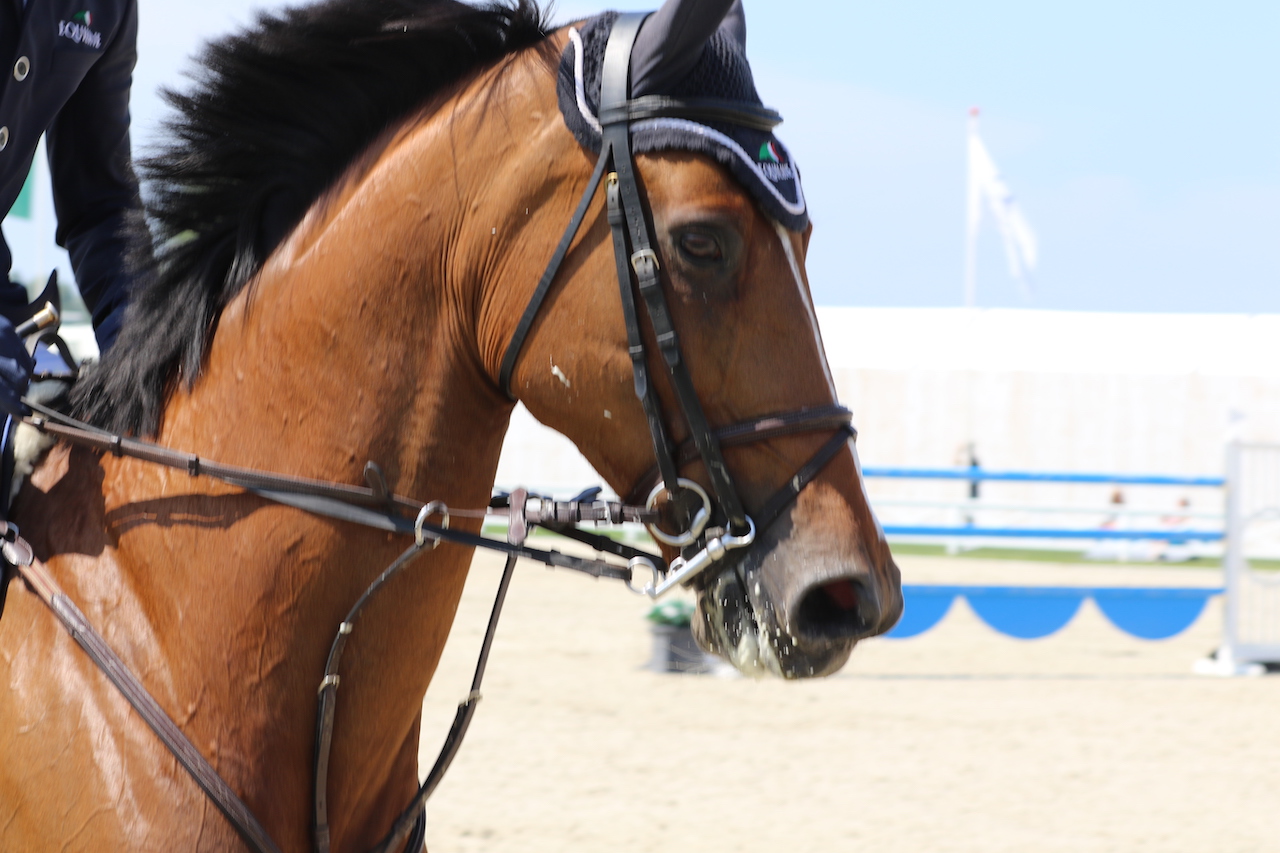As if the devil were involved: after the Corona virus first gripped our league for months, rhino surfaced. The outbreak in Valencia caused the virus to spread across Europe. To prevent a further spread of rhino, it was therefore decided to halt several national and international competitions. Only in Doha, where there were only two infections, was there jumping at the highest level this weekend. But does this new again jeopardize the sporting summer? "If everyone uses their heads, this virus should be under control soon. Horses don't organize lockdown parties now".
"Rhinopneumonia is a viral disease in horses that comes in three different forms: the cold form, the abortive form and the neurological form," says veterinarian Katleen Vanschandevijl. "The cold form is very common in young horses. The symptoms are fever, a runny nose and coughing. The abortion form, as the name suggests, causes abortion in mares. The neurological form is the most aggressive and let just that be the form that turned up in Valencia. It usually starts with a somewhat floppy tail. When your horse walks, it usually looks like he is "drunk" as well. Severe paralysis symptoms can occur. Usually the back legs are affected but in the most severe cases the front legs are also affected. This form can also be cured only with intense nursing. The horses can recover partially or completely. So a full recovery is not always possible".
"The virus is spread by direct contact between horses or by standing in one room. In principle, the virus can also be transmitted by humans through clothes and hands when going from one horse to another. Passing horses on the street or in the woods is not a possible source of infection if direct contact is avoided. A stable affected by rhino should avoid contact with other horses for two weeks after the last fever attack."
"Rhino is a herpes virus. This virus is believed to be non-transmissible at a distance of a few meters. Of course, this does not apply to 'objects' or 'bodily fluids' that are carried. So if you, as a rider, have a little snot from your horse on your glove, and stroke another horse with it, the virus can be transmitted. The incubation period of rhino is 5-12 days. In this case, the horses are sick, have runny eyes, snot, ... With EHV-1, the spinal cord is affected. The horses can become paralyzed in that case. The infection can be mild but also very severe. In the worst form, horses are no longer able to stand on their hind legs."
"So if everyone uses their wits for a few weeks now, does not transport their horses with any fever and leaves them in quarantine, avoids direct contact between animals and makes sure they do not take the virus themselves from stable to stable, there is no reason to panic about the summer at this point. I am hopeful that the virus will be completely under control by then".
Source: KNHS

